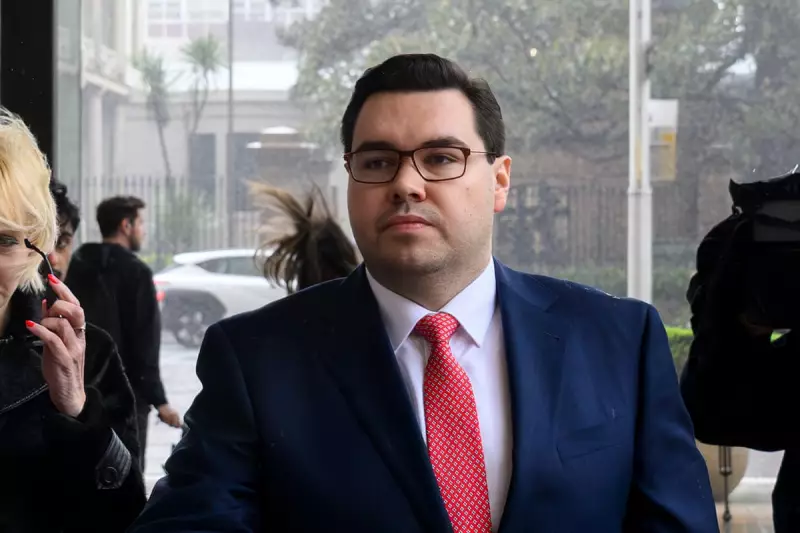
In a significant development that has sent shockwaves through Australian political circles, the Albanese government has formally rejected Bruce Lehrmann's application for taxpayer-funded legal assistance. This decision comes in the wake of dramatic raids conducted by the National Anti-Corruption Commission (NACC) that have placed the high-profile case under intense scrutiny.
NACC Investigation Triggers Funding Denial
The government's refusal to provide legal funding follows the NACC's recent execution of search warrants as part of its ongoing investigation. The corruption watchdog's aggressive approach has raised questions about the nature and scope of their inquiry, though specific details remain confidential.
A government spokesperson confirmed the decision, stating that after careful consideration of all relevant factors, including the NACC's active investigation, it was determined that public funds should not be allocated to Mr Lehrmann's legal defence at this time.
Mounting Legal Complexities
The case has become increasingly complex, with multiple legal battles unfolding simultaneously. Lehrmann, who has consistently maintained his innocence regarding allegations dating back to 2021, now faces the dual challenge of mounting his defence while the NACC pursues its separate corruption investigation.
Legal experts suggest the government's decision reflects concerns about the appropriateness of using public money to fund legal representation in matters being actively investigated by the country's premier anti-corruption body.
Political Fallout and Public Scrutiny
The funding denial has ignited fresh debate about government accountability and the proper use of taxpayer funds. Opposition figures have been quick to weigh in, while government supporters argue the decision demonstrates responsible stewardship of public resources.
This development represents another chapter in what has become one of Australia's most closely watched legal and political sagas, with implications that extend far beyond the immediate parties involved.
What Comes Next?
With legal funding now denied and the NACC investigation progressing, attention turns to how Lehrmann will finance his ongoing legal battles. The situation remains fluid, with potential appeals of the funding decision and further developments from the corruption watchdog expected in the coming weeks.
The case continues to raise important questions about legal representation, government accountability, and the intersection of politics and justice in Australia's democratic system.





